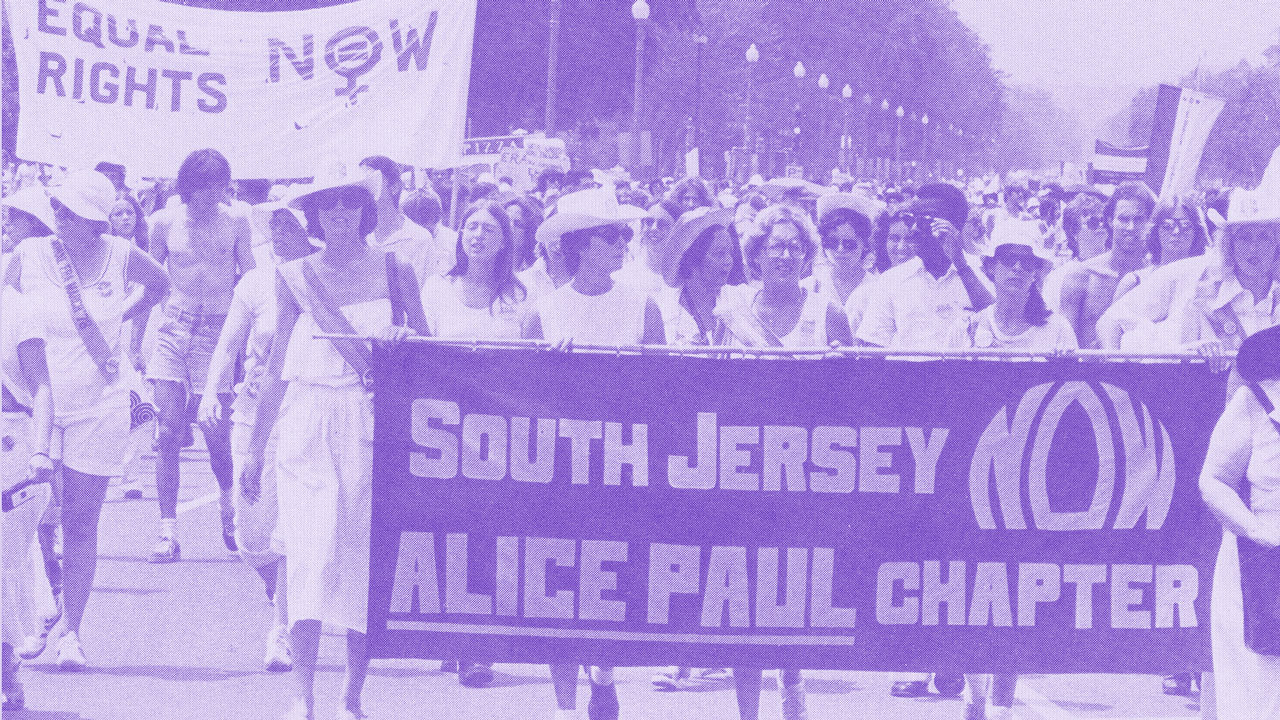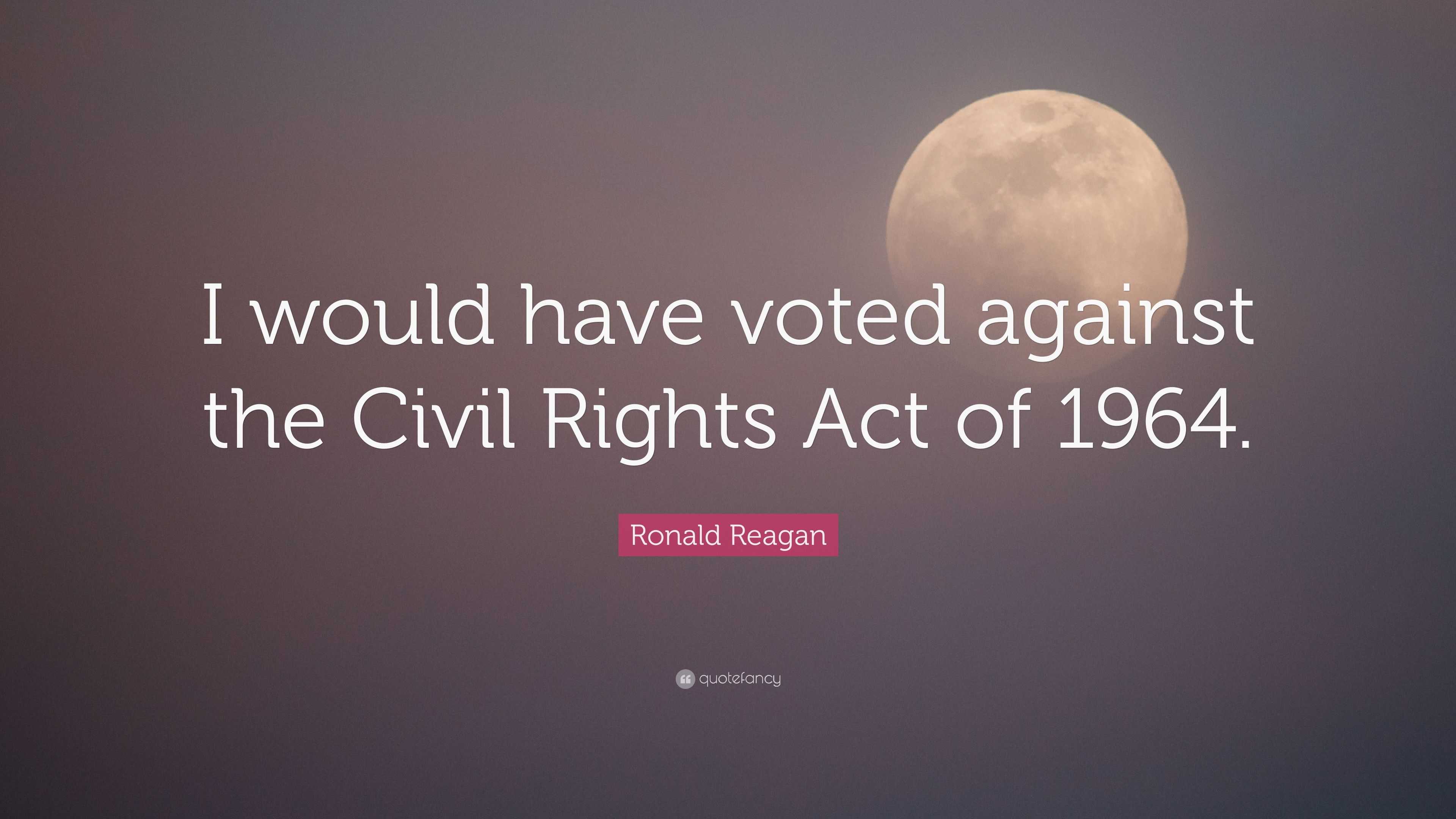Congressional Override of a Veto by President Ronald Reagan
March 22, 1988
Collection of the U.S. House of Representatives

Speaker of the House, Jim Wright of Texas served a total of 18 terms in the House of Representatives.
On this date, by a vote of 292 to 133, the House of Representatives joined the Senate in overriding President Ronald Reagan’s veto of S. 557. Also known as the Civil Rights Restoration Act of 1987, the bill amended Title IX (Prohibition of Sex Discrimination) of the Education Amendments of 1972, the Rehabilitation Act of 1973, the Age Discrimination Act of 1975, and the Civil Rights Act of 1964. In 1984, the Supreme Court rendered a decision in the sexual discrimination case, Grove City v. Bell, ruling federal anti-discrimination law can only be applied to federally funded programs. In response to the court decision, the new law broadened the scope of applicability to close up loop holes in civil rights laws. Before Congress passed S.557, President Reagan threatened to veto the legislation. Speaker of the House, Jim Wright of Texas informed President Reagan that it would be, “ill-advised” to veto the legislation. Once the President signed the veto on March 16th, Wright stated that he was “confident that the Senate and House will move swiftly to override this unfortunate and shortsighted veto.” The President “may want to turn the clock back on Civil Rights, but the American people do not,” Wright said.
Related Highlight Subjects
Artifacts in the House Collection
Civil Rights
Legislation
Reagan, Ronald
Speaker of the House
Veto
Wright, Jim
history.house.gov






You must be logged in to post a comment.